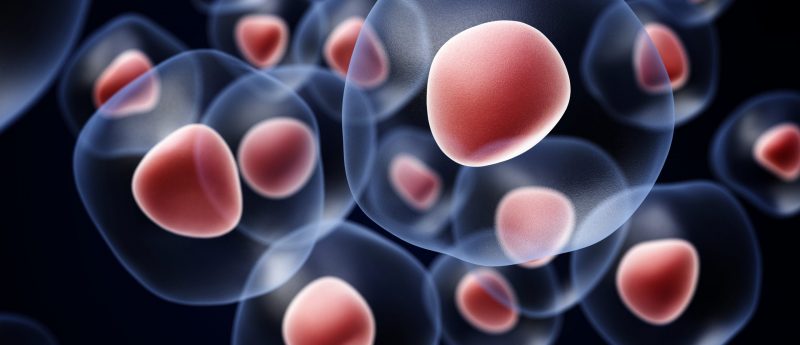Sustained remission of multiple sclerosis induced by stem cell transplants

Results from a novel clinical trial indicate that immunosuppressive therapy at high doses followed by stem cell transplantation could induce long-term remission of multiple sclerosis.
A study published in the journal Neurology describes the results from a 5-year clinical trial where individuals received high-dose immunosuppressive therapy and autologous hematopoietic cell transplants (HDIT/HCT) to treat multiple sclerosis (MS). Researchers demonstrated that 69% of patients survived without experiencing relapse of symptoms, new brain lesions or disability progression.
Anthony Fauci (National Institute of Allergy and Infectious Diseases; MD, USA) commented: “These extended findings suggest that one-time treatment with HDIT/HCT may be substantially more effective than long-term treatment with the best available medications for people with a certain type of MS…these encouraging results support the development of a large, randomized trial to directly compare HDIT/HCT to standard of care for this often debilitating disease.”
In the clinical trial — entitled HALT-MS — 24 volunteers (aged 26—52) with relapsing-remitting MS were recruited to investigate the safety, efficacy and durability of HDIT/HCT. Relapsing-remitting MS is the most common form of MS with symptoms varying over time, from periods of mild symptoms to symptom relapses.
Researchers aimed for the new HDIT/HCT treatment to suppress the disease and prevent further disability. The treatment involved the collection of participant’s blood-forming stem cells followed by high dose chemotherapy to deplete the immune system and then the patient’s stem cells were returned. A key risk factor of the procedure is the side effect of infection.
The results demonstrated that most of the participants remained in remission with some showing improvements such as mobility recovery. Richard Nash (Colorado Blood Cancer Institute; CO, USA) concluded: “Although further evaluation of the benefits and risks of HDIT/HCT is needed, these five-year results suggest the promise of this treatment for inducing long-term, sustained remissions of poor-prognosis relapsing-remitting MS.”
Sources: Nash RA, Hutton GJ, Racke MK et al. High-dose immunosuppressive therapy and autologous HCT for relapsing-remitting MS. Neurology doi: 10.1212/WNL.0000000000003660 (2017)